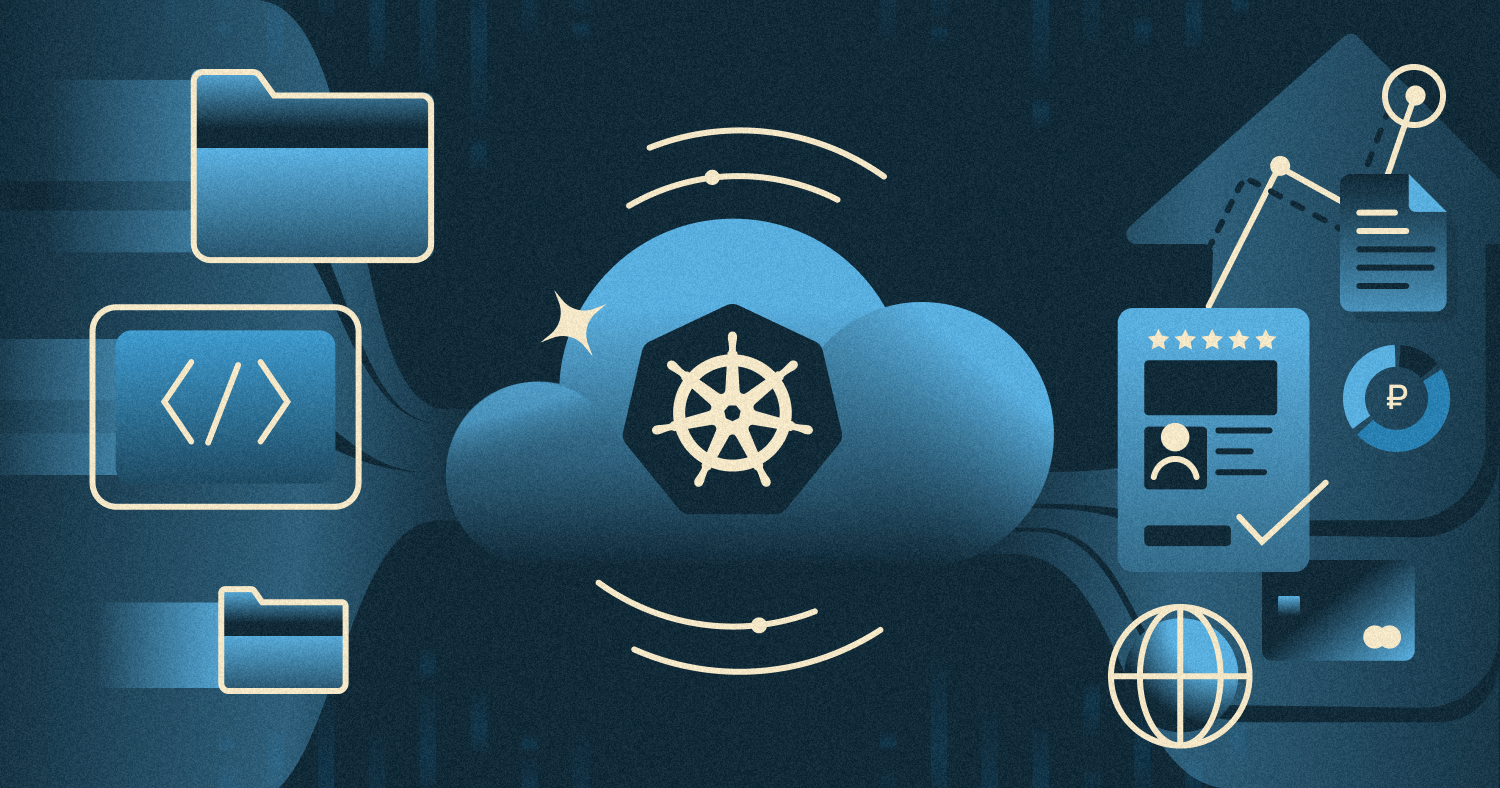Would you like to control your Docker images and save them in a safe, private environment? A container management is the perfect solution for any organization looking for an easy way to keep their sensitive data protected. It’s now more essential than ever to make use of self-hosted alternatives. This could help you provide stronger authentication and authorisation layers, and ensure compliance across various platforms. If you’re only beginning to get started with Docker or have already managed hundreds of containers through Kubernetes accessing a registry for containers provides your team greater control and allows them to develop ready-to-use software quickly without having to worry about security.

In the age of containerization the usage of container registries has become a vital aspect for deploying software applications. Developers can select between private and public container registries to maintain a record of all the images used in containers within an application. Private registries offer a high level of security, and developers can determine who has access to the images. Public registries are more easily accessible and provide a wider array of options. The decision of choosing the best type of registry for your needs can be a daunting task, however developers have the opportunity to weigh the pros and negatives, and other aspects of each. In the end, it depends on the degree of security, control and accessibility is needed.
Container management is essential for any business’s success in today’s highly-competitive software development environment. Private container registry services allow companies to manage, store and distribute images from containers.
Private container registry can also be known as a private docker registry. It’s also known as a docker registry. It’s a secure place for container images. It provides a central location for managing images from containers and lets developers share images across teams and applications. Private container registries that are used for applications using containers are vital to organizations who require their images to be private and secure.
A private container registry can be easily integrated with major cloud computing services. It allows organizations to scale storage requirements while ensuring an efficient and secure software delivery system. Private container registries, which are an essential component of the modern software pipelines because of the growing popularity of containers and container orchestration tools such as Kubernetes are becoming a necessity.
Private container registries have a number of advantages over public registries. They provide greater control over access and permissions. A private registry allows businesses to establish individual access control rules that ensure that only authorized users are able to access images stored in the container. This decreases the chance of unauthorized access to containers and also helps to prevent security attacks.
Private container registry services provide the best network responses, which can increase the speed of retrieval for images. If images are stored in a private registry, they’re generally located closer to the place that they will be used. This reduces latency and enhances the performance of the application.
A private registry permits individual access controls. A private registry permits organizations to set up access control policies with a finer resolution that allow only certain users or groups access to specific images in the container. This ensures that only authorized users are able to access proprietary or sensitive images.
Apart from providing an efficient and secure method to manage container images Private container registries offer several other features that make managing containers more efficient. For instance, some private container registries offer automated image scanning and vulnerability detection. These could help companies identify potential security issues prior to they become a problem.
Private container registries can offer an array of deployment strategies, which allows companies to select the strategy that best meets their needs. Certain private registries provide an on-premises option for deployment, which can be beneficial when companies need to keep their containers on premises in order to meet compliance or regulatory requirements. Others provide cloud-based deployment options which are affordable and flexible for businesses which need to handle large quantities of container images.
Think about a range of aspects when choosing the best private container registry. Security is among the most crucial aspects. A private registry must have robust security features like image scanning, encryption and access control. This will protect the container images against unauthorized access.
One aspect to be considered is the user-friendliness. A private registry must be easy to set up and use and have an easy-to-use interface and clear documentation. It should also allow seamless integration with popular containers orchestration tools such as Kubernetes, making it easy to manage container images in the current software development pipeline.
Also, it’s essential to think about the capacity of the private registry. As businesses grow, and demands for storage of containers increase it is essential that the registry be able to expand to meet these demands without compromising performance or security.
Private container registry is a key component of every modern software development process. It offers a safe and efficient way to manage containers and allows companies to increase their storage requirements without difficulty. Private container registries provide an easy solution to container management, with optimized network response, custom access control and seamless integration to major cloud computing services.